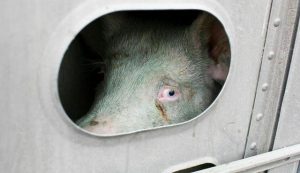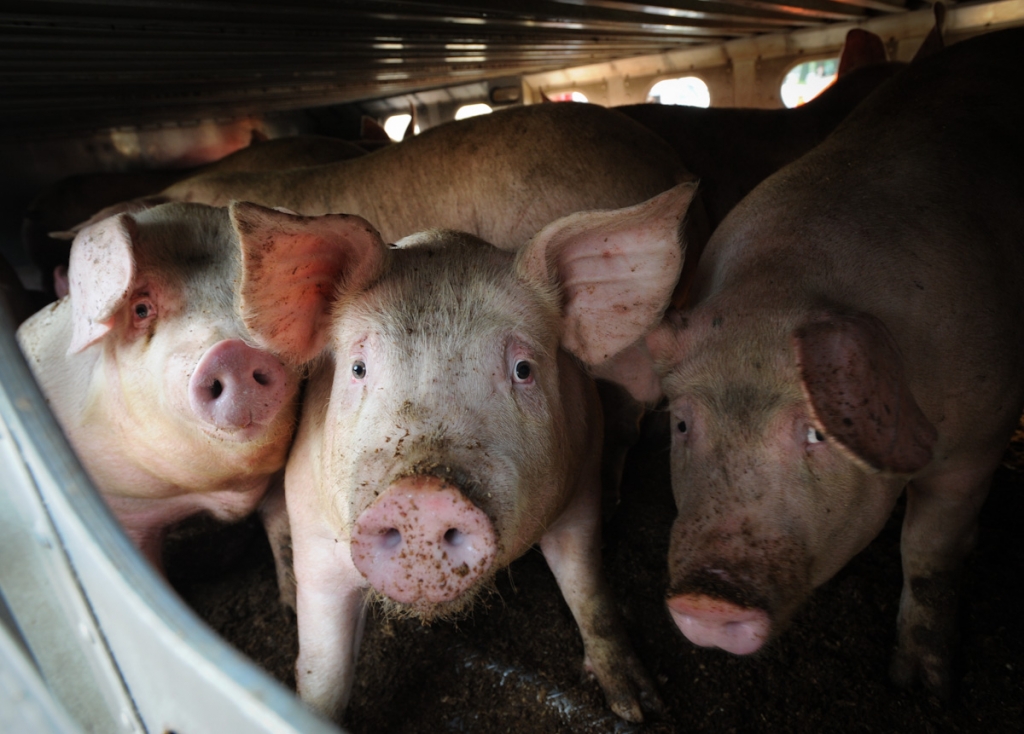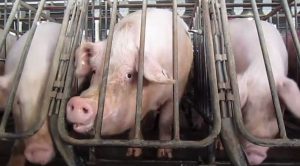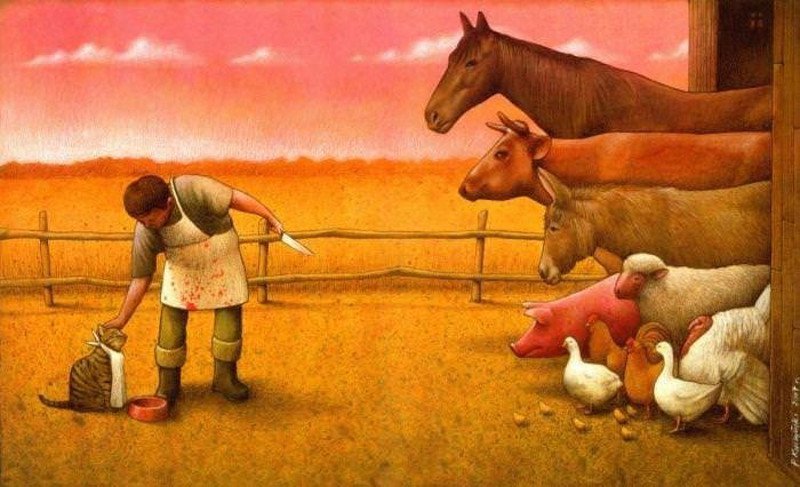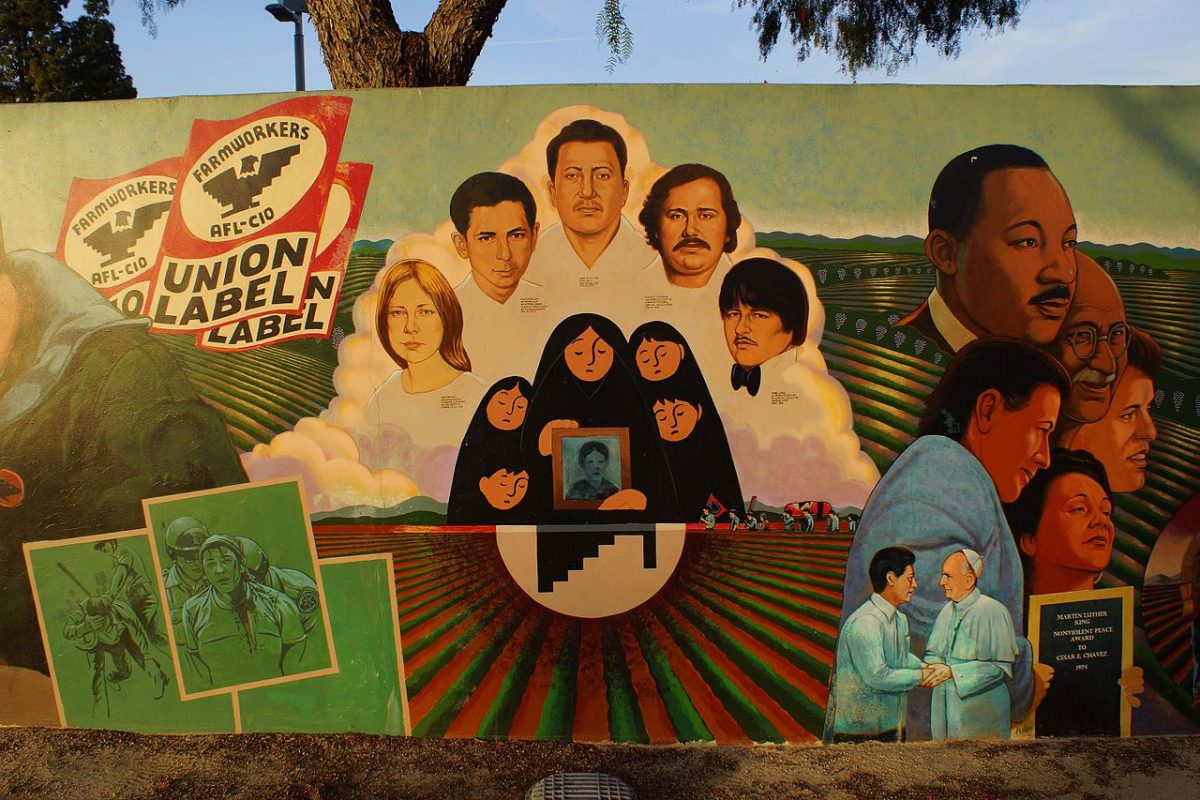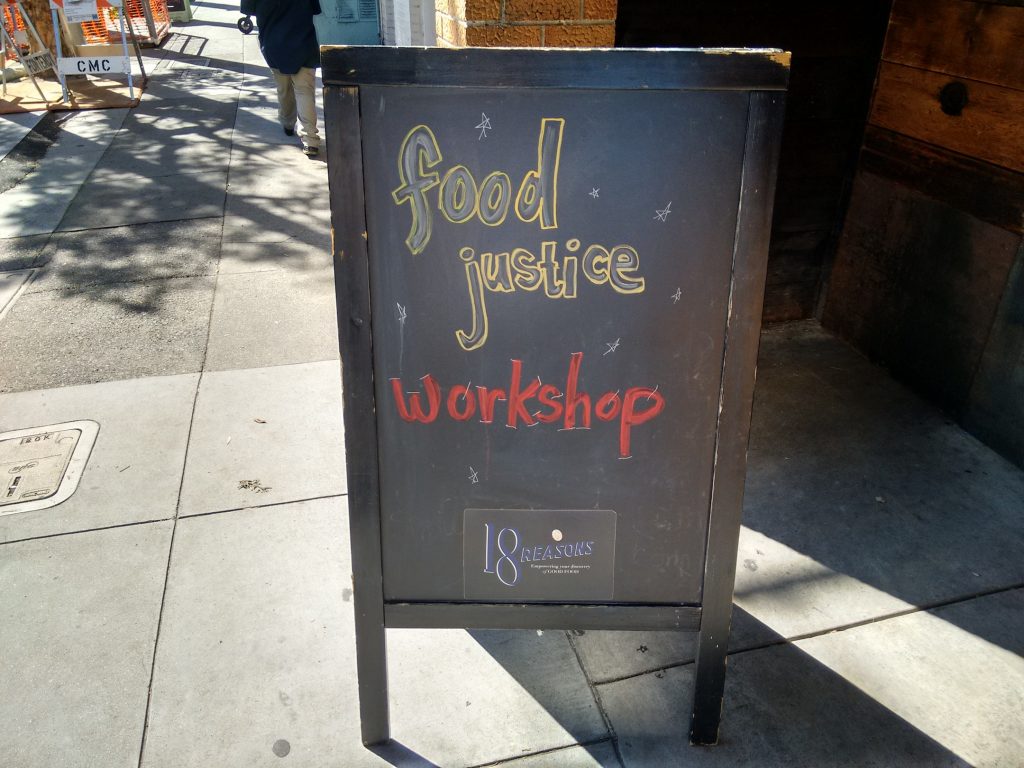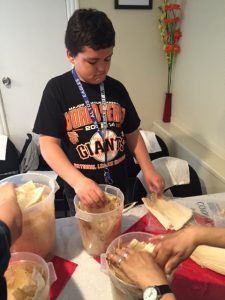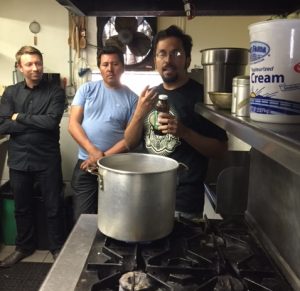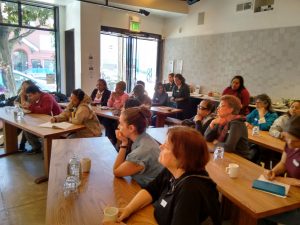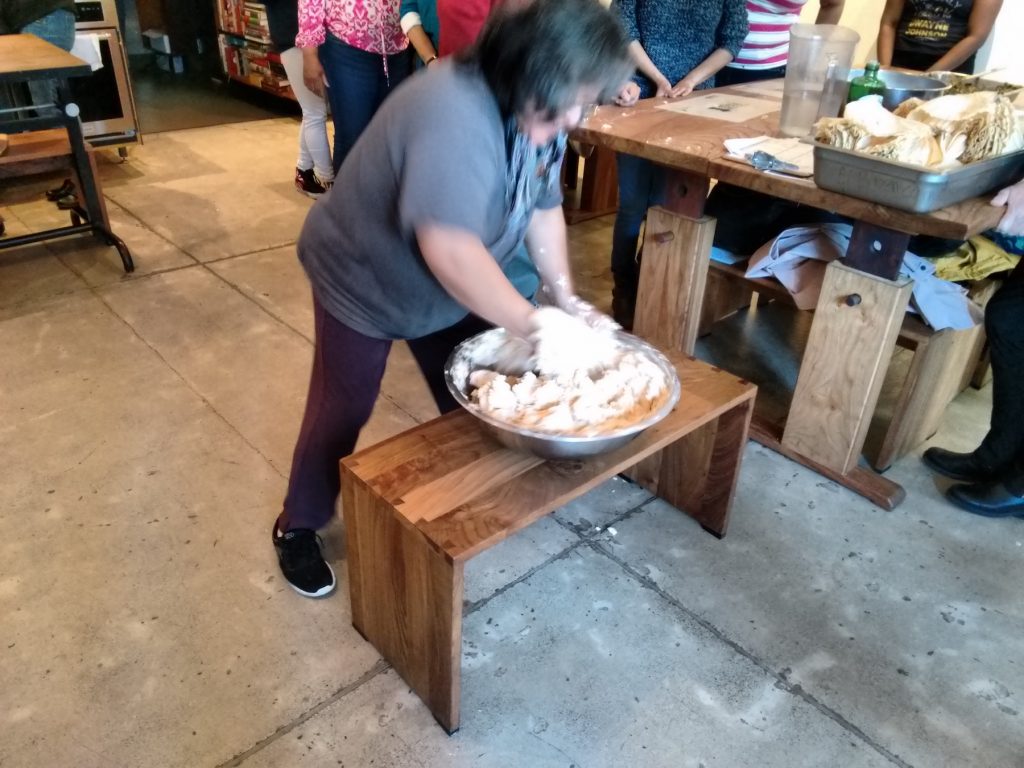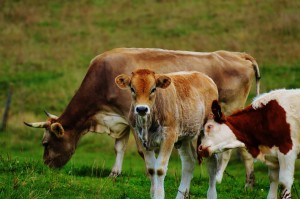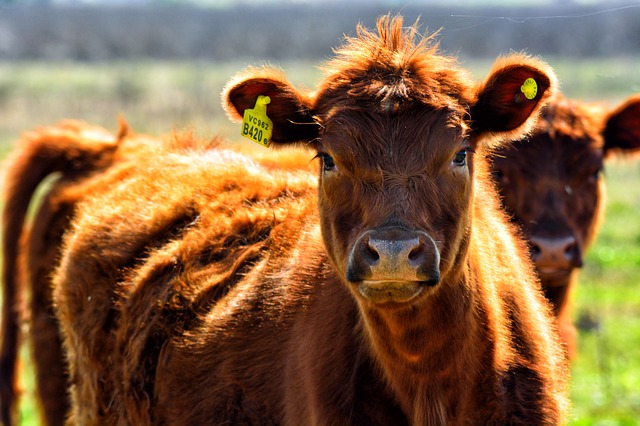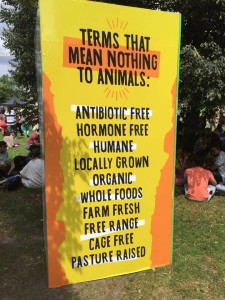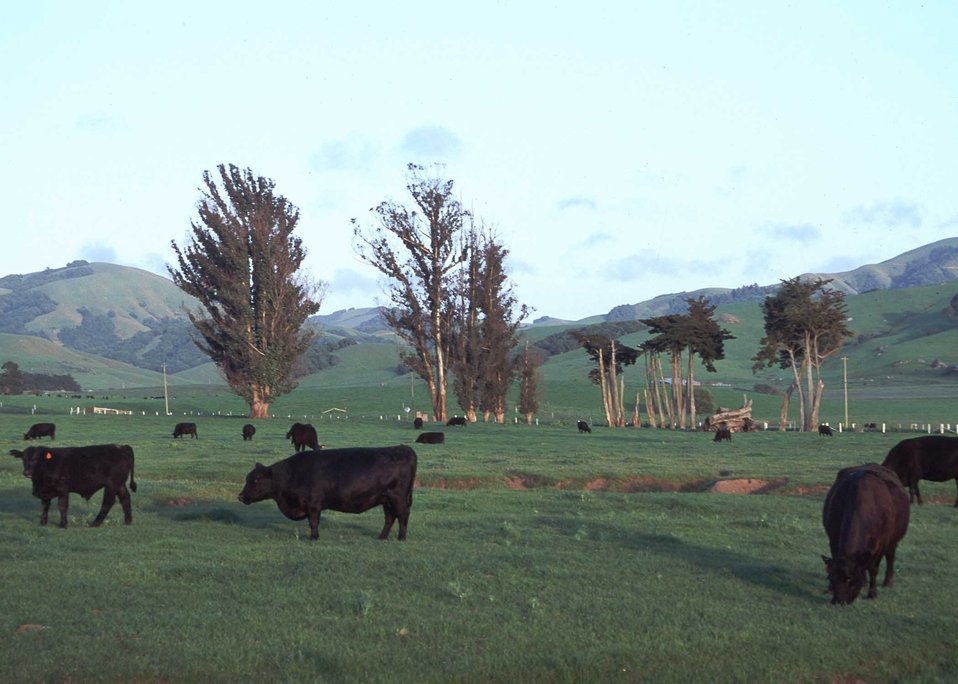I am currently writing a chapter on the role of social movements for a very exciting book on the transformation of food systems, and thinking about the different elements that will allow us to build a veganic food system. I remembered this comment that I posted to Animal Liberation Currents some months ago and would like to share it here.
I founded the People’s Harvest Forum in 2015 as a way to promote food sovereignty and agroecology, while working within a vegan ethic. I think that if we simply present veganism as the better way to eat or grow food, then advocating for a strict adherence to veganism is fundamentally incompatible with food sovereignty. This is one of the reasons the forum never included presentations on veganism as a necessary solution to environmental, social or public health issues (e.g. veganism as a response to climate change). On the other hand, I think we can stand firmly behind an animal liberationist ethic and promote veganism in the same way we promote women’s liberation and other social justice causes – with all the conundrums these pose and despite the fact that these are also often at odds with the traditions and the status quo of groups with which we interact.
The reason vegans feel the need to make veganism about everything else under the sun is because we are an ideological minority and veganism is very far from being normative, so it stands out in a way that accepted positions don’t. The strategy of the People’s Harvest Forum was to consciously reverse that attitude and treat our empathy towards cows as something no different than our empathy for dogs. So in our panels on agroecology, there was of course an element that went against tradition, however those who promote agroecology will tell you that while they want to maintain tradition in how we grow food – to a large extent – they also want to do away with tradition in regards to relationships of power between men and women. There are vegans who would have liked to help build the food sovereignty movement and have had difficulty plugging in. Some have given up activism, others have given up veganism. Seed the Commons was created as third solution, a place for activists to work towards a transformation of our food system that includes nonhuman animals in our ethic.
Unfortunately, the animal rights movement is mostly focused on individual consumption – even the voices that pass for radical in the movement push the notion of voting with ones dollar. There needs to be a true radicalization of people in the movement (by this I do not refer to extremist tactics but rather to a focus on transformation of food systems instead of the liberal approach of advocating for small improvements to existent structures and corporations). On the other side of it though, I don’t think the food sovereignty movement will easily take on animal liberation because so many people within the movement live off of animal exploitation. For better or worse, the social transformation here is probably going to be led by a more middle class, urban mainstream. As veganism becomes mainstreamed, it will be easier for people within radical movements to advocate for an inclusion of nonhuman animals.

